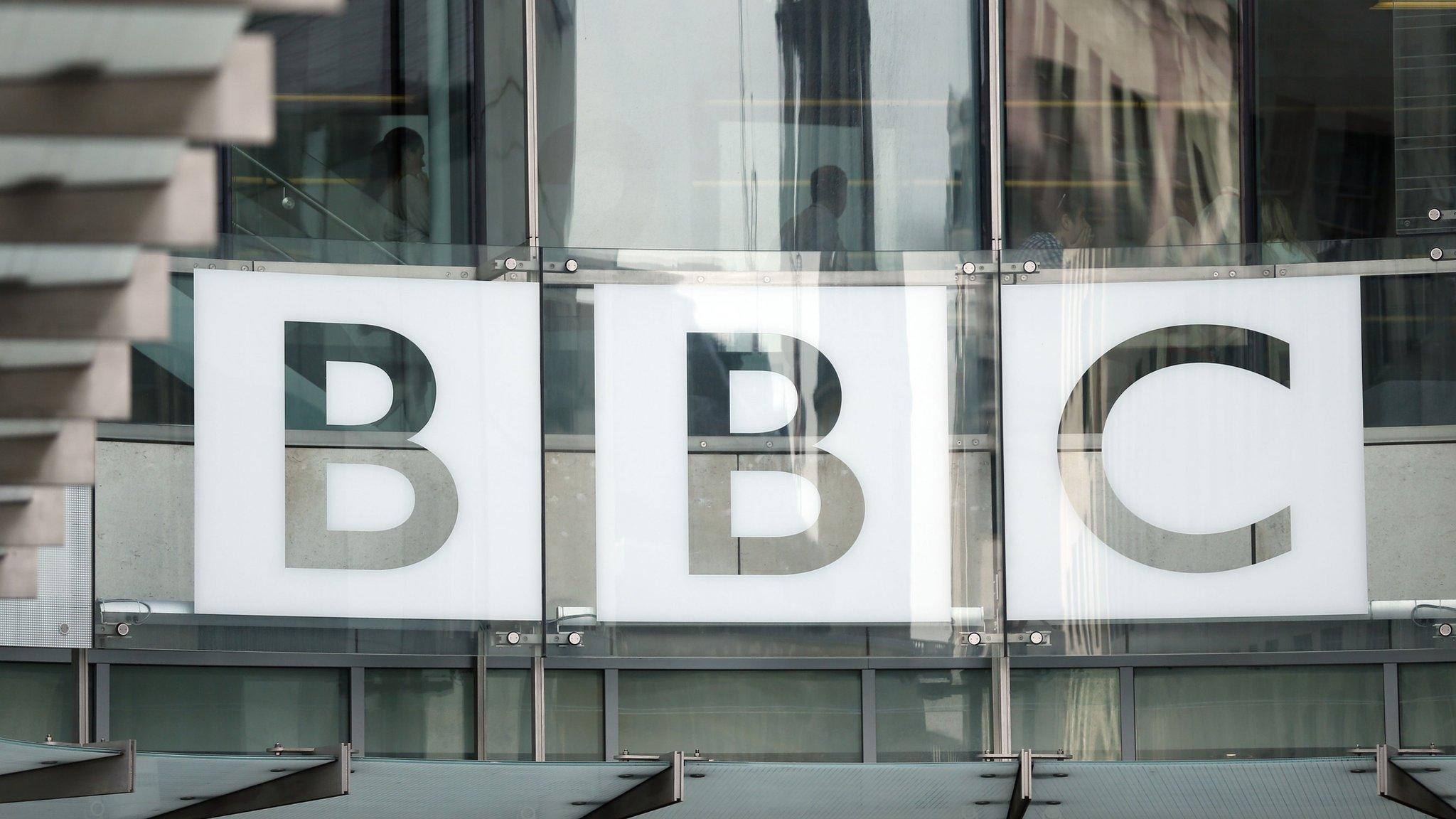BBC iPlayer aims to be 'number one' online TV service, Lord Hall says
- Published
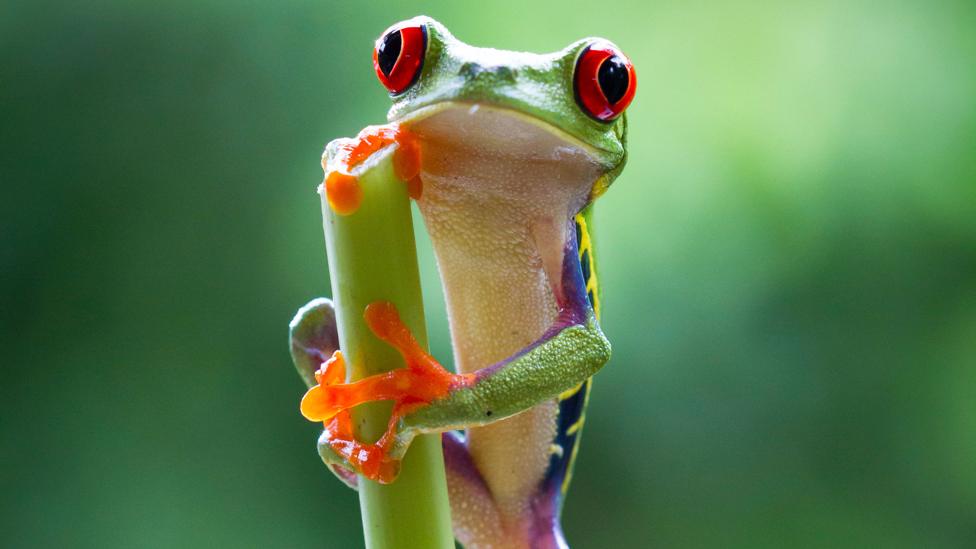
Planet Earth II was one of iPlayer's biggest success stories last year
The BBC iPlayer will be reinvented in a bid to be the top online TV service in the UK by 2020, the broadcaster's director general Tony Hall has said.
Lord Hall told staff he wanted the BBC to "reinvent public broadcasting for a new generation".
He described iPlayer as "the biggest revolution of the last charter" and said it now had to increase its reach.
"We need it to make the leap from a catch-up service to a must-visit destination in its own right," he said.
'Rapid growth'
One way the service might do this is by making more series available in their entirety on iPlayer, before they are screened on television.
This has been tried previously with programmes such as Peter Kay's Car Share and enables viewers to "binge-watch" box sets.
The director general added that the media landscape had "changed beyond all recognition - it's more global and more competitive".
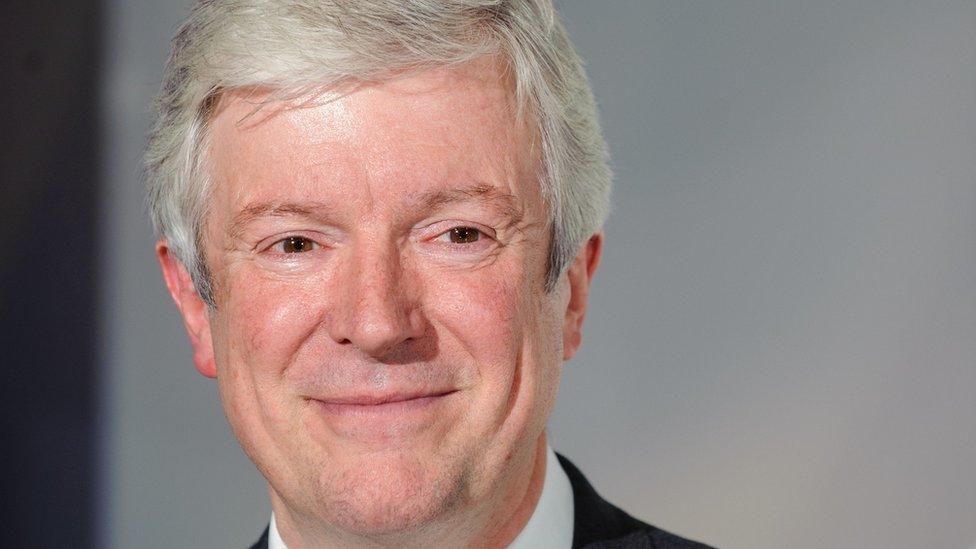
Lord Hall wants the BBC to remain the "gold standard" of news
Lord Hall announced the plans as the BBC enters its new charter period.
Lord Hall said the BBC must pioneer new technology if it is to remain a global leader and develop new ways of personalising services for viewers as well as how it can embrace developments in artificial intelligence and voice recognition.
"Our goal, even in the face of rapid growth by our competitors, is for iPlayer to be the number one online TV service in the UK," Lord Hall said.

Analysis
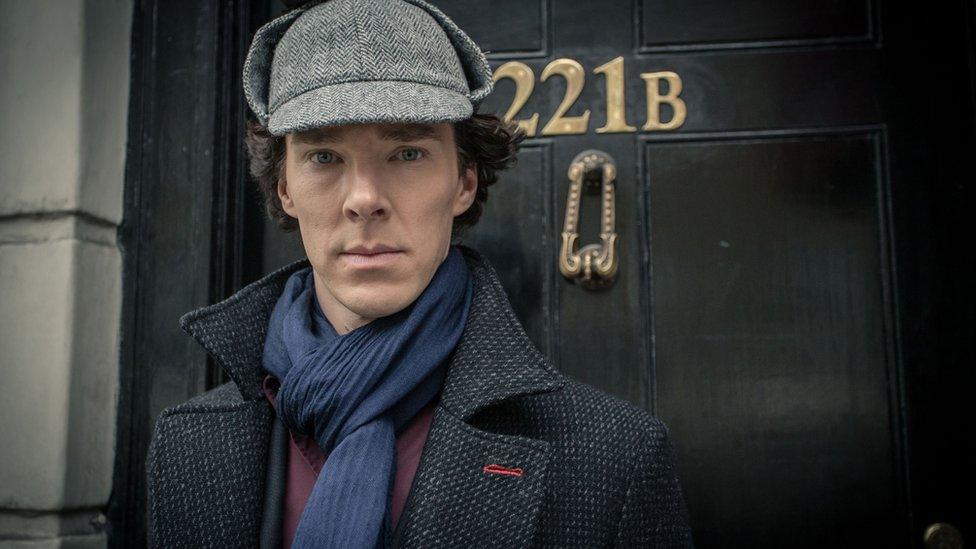
Lord Hall singled out Sherlock as one of the BBC's most popular programmes
By David Sillito, BBC media correspondent
As the iPlayer enters its 10th year, there's no doubt that something that was leading the way in 2007 is now just part of a fast-changing media landscape.
The ambition to double the number of people using the iPlayer each week from 10 million to 20 million, and quadruple the number of hours spent on it from an average of 30 minutes to 2 hours, can only happen if it's more than just a catch-up service.
So, there will definitely be more content released on iPlayer first. However, I'd be surprised if much of that is landmark Sunday night drama.
Most of our TV watching is still done the old-fashioned way, sitting down when the programme appears on a regular channel.
TV ratings still matter enormously to schedulers and they will undoubtedly object to seeing their most expensive, prestige programming appearing in a way that undermines the feeling of it being an event.
The idea that vital plot twists will appear on social media - and in the newspapers - before something is shown on BBC One would annoy large parts of the audience and also undermine the pleasure of going on to Twitter or Facebook after an episode in order to comment, or try to understand what you've just seen.

He hopes to reach this goal by 2020. In order to do so, the BBC will need to double the number of people it reaches through the online service, and quadruple the amount of time users spend on it every week.
It faces competition from online streaming services such as Netflix and Amazon Prime, which have become hugely popular in recent months.
Netflix's in-house drama The Crown won two Golden Globes at the weekend while Amazon have launched The Grand Tour, featuring Jeremy Clarkson, to attract new viewers.
Recent figures revealed 2016 was the biggest year yet for the iPlayer, which received 243 million monthly requests on average.
Lord Hall said the BBC was the media provider young people use the most - and highlighted how many more young people had watched Planet Earth II than the most recent series of X Factor.
He set out three strategic priorities - creativity, culture and global ambition.
'More to offer'
Beyond entertainment, the BBC will put a stronger emphasis on "slow news" - meaning more in-depth analysis of topics and issues to run alongside the "fast" breaking news and day-to-day events.
Lord Hall said: "In a world of near-limitless choice, I want people to carry on choosing us.
"I want us to have shown that public service broadcasting has even more to offer Britain and the world in the next century - even more than it has done in its first 100 years. That excites me."
The BBC reaches its centenary year in 2022, by which point Mr Hall says he wants a BBC that is "irresistible" to all audiences.
- Published10 January 2017
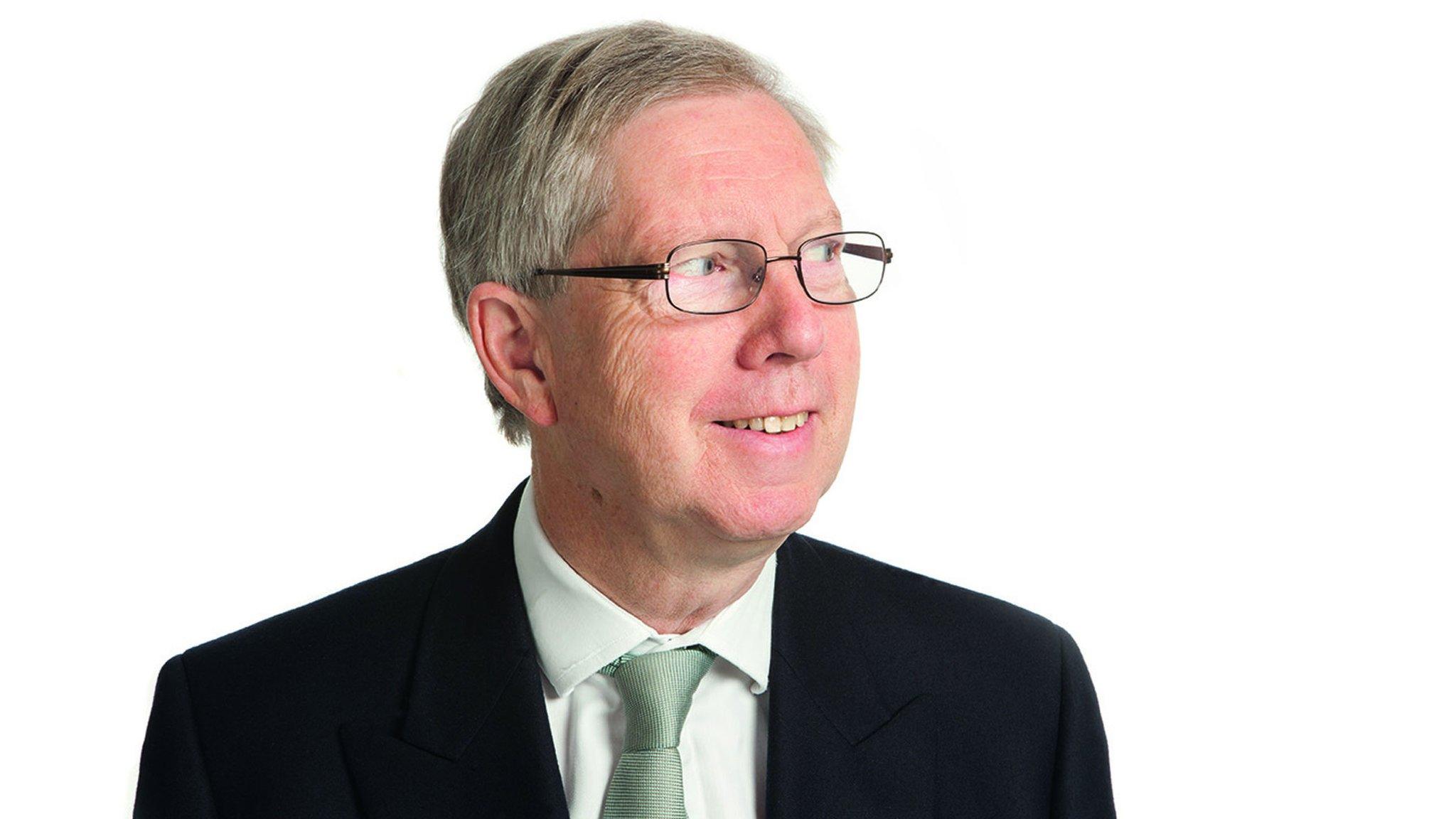
- Published15 December 2016
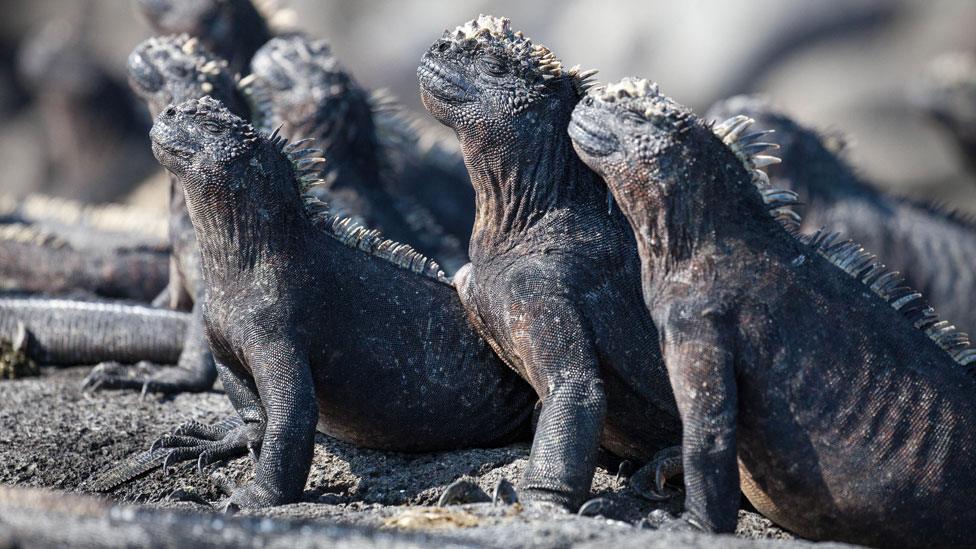
- Published23 November 2016
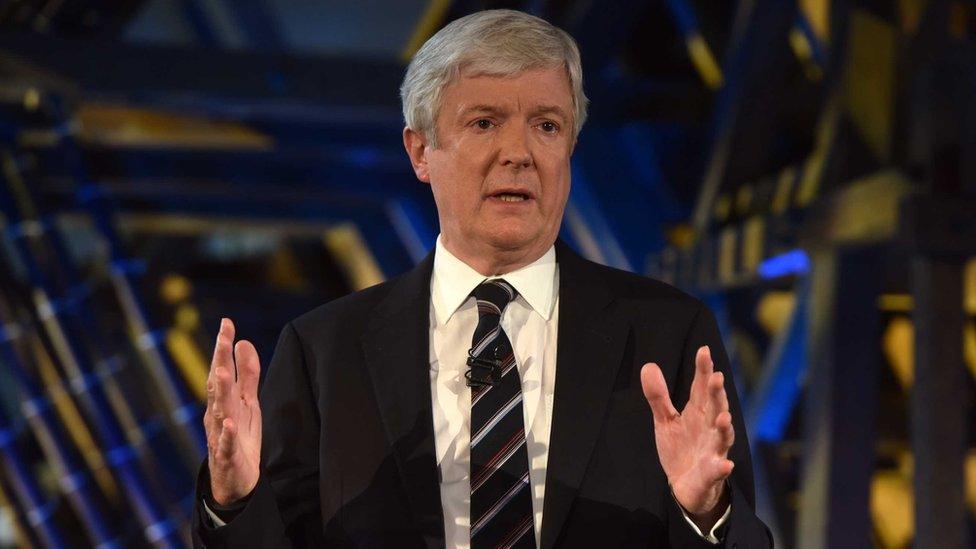
- Published27 September 2016
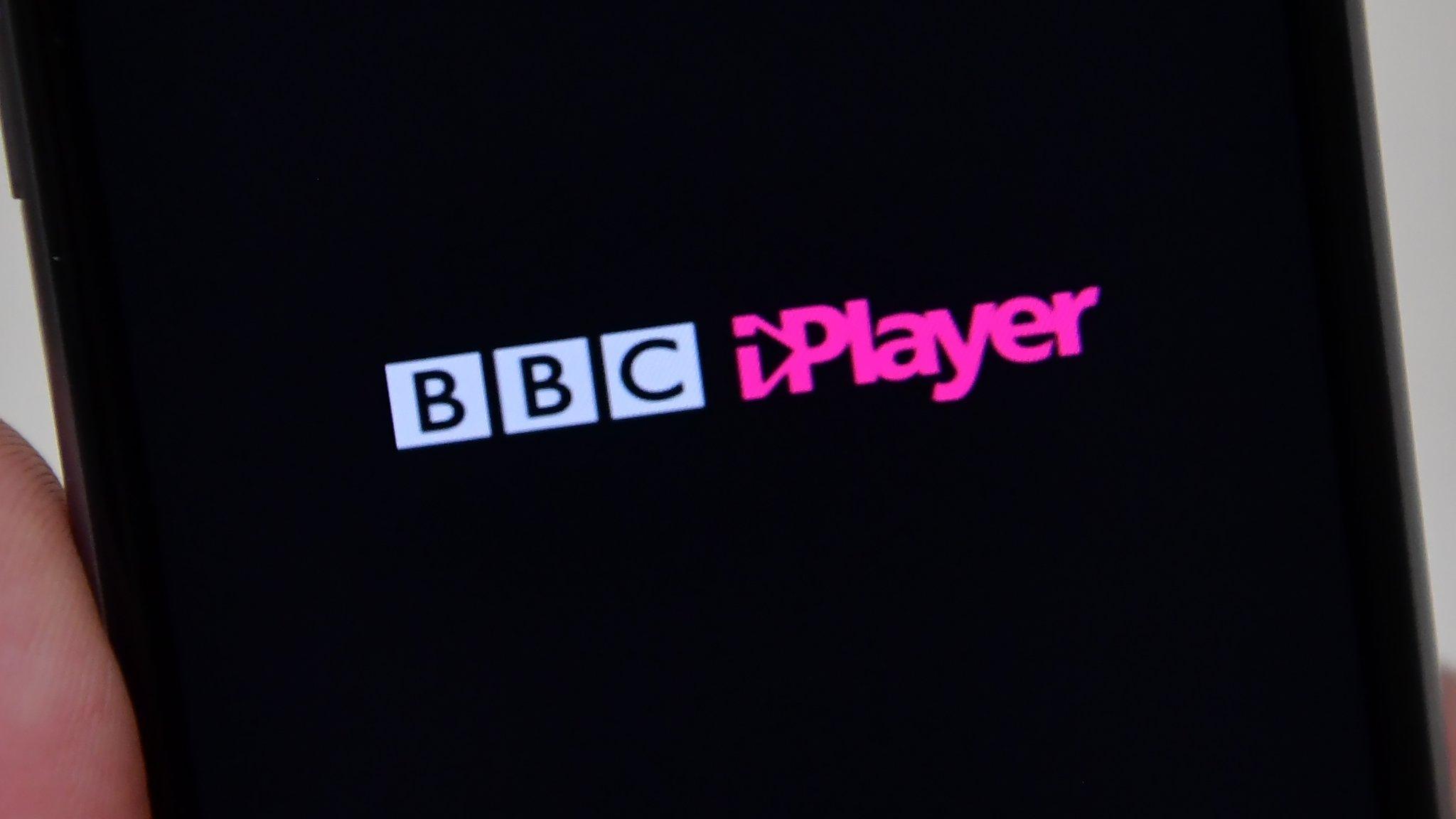
- Published12 May 2016
